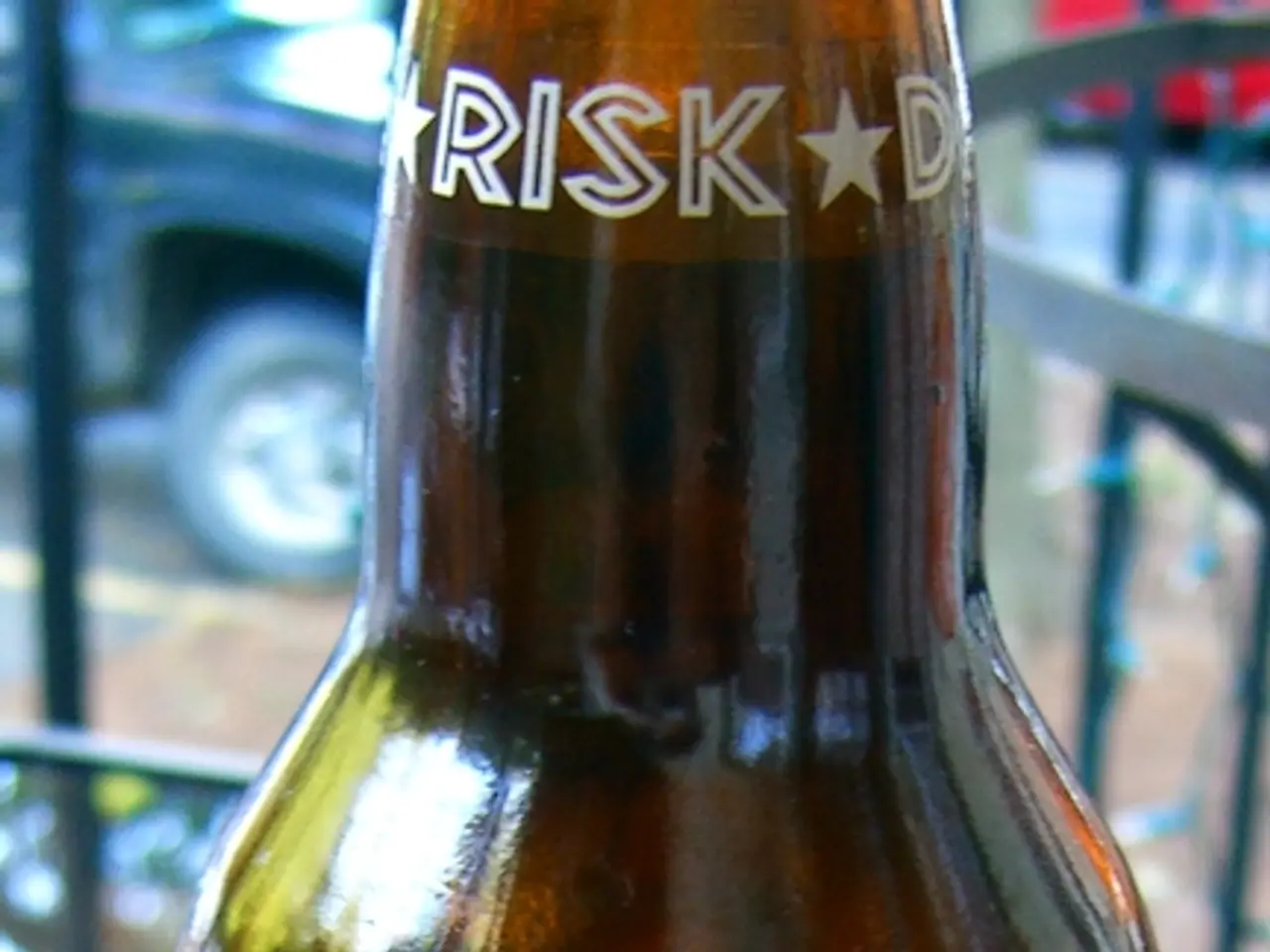Enhanced ACLY Inhibition Strengthens Tumor Immune Response, Decreases Liver Cancer Progression
A groundbreaking study has revealed a novel mechanism by which inhibiting ATP citrate lyase (ACLY) triggers a potent antitumour immune response, redefining therapeutic approaches to hepatocellular carcinoma (HCC).
The research, conducted on genetically modified mouse models lacking ACLY in hepatocytes, as well as pharmacological inhibition, uncovered a connection between lipid metabolism and tumour immunogenicity. This discovery could herald a paradigm shift in understanding and treating tumours.
The study used spatial transcriptomics to uncover a selective surge in B cell populations within tumours lacking ACLY or treated with EVT0185, a novel pharmacological ACLY inhibitor. Moreover, the dual metabolic-immune mechanism of ACLY inhibition was found to foster a tumour microenvironment enriched with antibody-secreting plasma cells and elevated chemokine signaling.
Transcriptional changes indicative of immune activation were observed even before any measurable reduction in tumour burden. The findings establish an unanticipated link between ATP citrate lyase and tumour immunogenicity, particularly highlighting its role in suppressing B cell-mediated antitumour immunity.
The study found elevated expression of Cxcl13, a critical chemokine involved in recruiting B cells to sites of inflammation, in both genetic and pharmacological models. Correlation analyses revealed a robust negative association between ACLY expression and tumour-infiltrating B cells across samples.
The pronounced increase in genes related to leukocyte proliferation, migration, and activation within ACLY-deficient tumours suggests that metabolic reprogramming can broadly influence immune landscapes within tumours, potentially extending beyond liver cancer.
Treatment with EVT0185 not only curtails tumour progression but also enhances plasma cell infiltration and Cxcl13 expression. The research integrates metabolism, immune surveillance, and tumour progression, offering fresh therapeutic avenues for tackling MASH-driven hepatocellular carcinoma.
Pharmacological ACLY inhibition is found to be a promising strategy for augmenting tumour immunity in liver cancer. However, future research will be critical to explore combinatorial therapies that integrate ACLY inhibition with established immunotherapeutic modalities.
The study reveals that EVT0185, the ACLY inhibitor, recapitulates many of the immune and metabolic effects observed in genetic models. ACLY is positioned as a vital target for interventions aiming to boost antitumour immunity and improve patient outcomes.
The consistent downregulation of Acly expression in knockout mice tumours at both early and late stages further supports the potential of ACLY inhibition in the treatment of liver cancer.
Despite the significant advancements, the search results do not provide information about the researchers who studied the effect of ACLY inhibition on tumor immunity and liver cancer progression. This information could provide valuable context and insights into the study's methodology and implications.
In conclusion, the study provides compelling evidence for the role of ACLY in suppressing B cell-mediated antitumour immunity and offers a promising new avenue for the development of immunotherapies for liver cancer. Further research is needed to fully understand the potential of ACLY inhibition and to explore its combination with existing immunotherapies.
Read also:
- Understanding Hemorrhagic Gastroenteritis: Key Facts
- Stopping Osteoporosis Treatment: Timeline Considerations
- Tobacco industry's suggested changes on a legislative modification are disregarded by health journalists
- Expanded Community Health Involvement by CK Birla Hospitals, Jaipur, Maintained Through Consistent Outreach Programs Across Rajasthan








